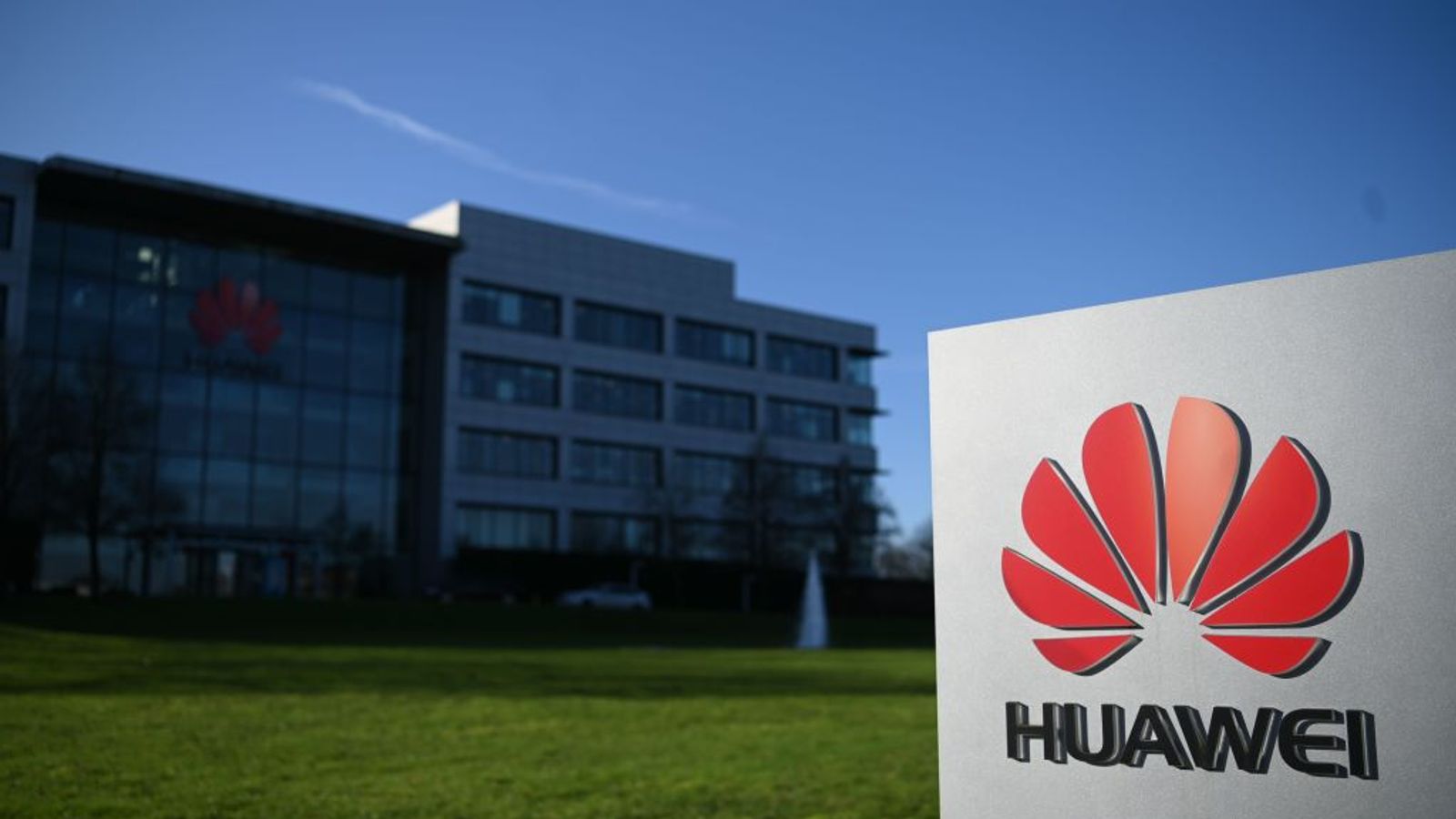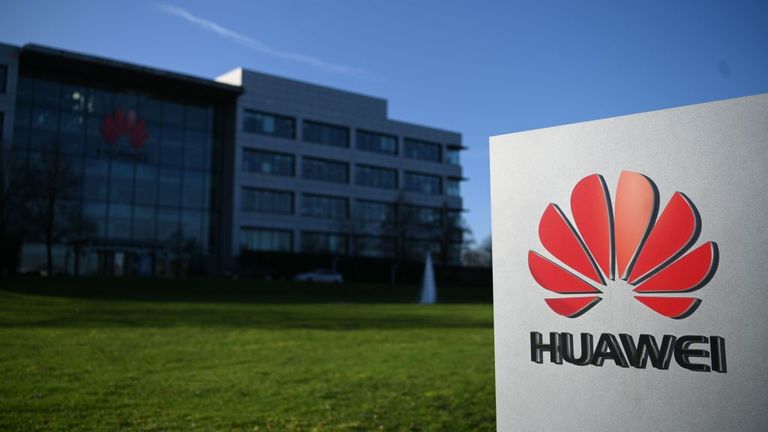American regulators are aiming to prevent the Chinese telecommunications giant from using any computer chips based on US designs, writes Alexander Martin
The UK is reassessing its decision to allow Huawei equipment a limited role within the country’s 5G network following new sanctions imposed on the company in the United States.
Two weeks ago the US announced an expansion on its embargo targeting the company which would prevent computer chips based on American designs from being used in any of its equipment.
Huawei’s executives seemed outraged in their response, describing the US measures as “arbitrary and pernicious” and part of a “relentless pursuit to tighten [the American government’s] stranglehold on our company”.
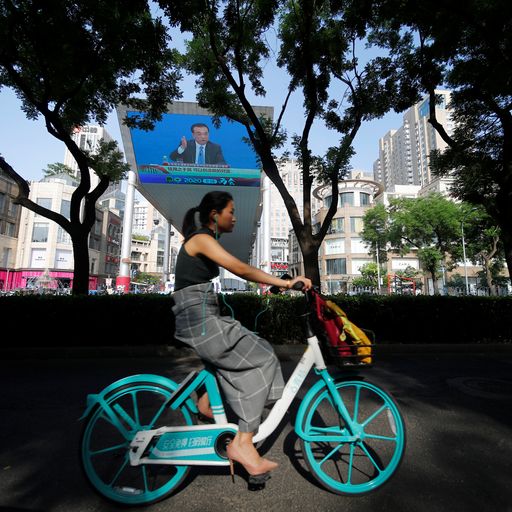
The deeply damaging measure threatens to cut off Huawei’s supply of semiconductors used across its product lines, from radio base stations to servers and smartphones.
The UK’s National Cyber Security Centre, which had stated it was capable of managing the risks that using the Chinese equipment could pose, is now re-evaluating that stance as a result.
Conservative Party backbenchers who criticized the decision at the time are again adding to the pressure regarding the government’s stance towards China.
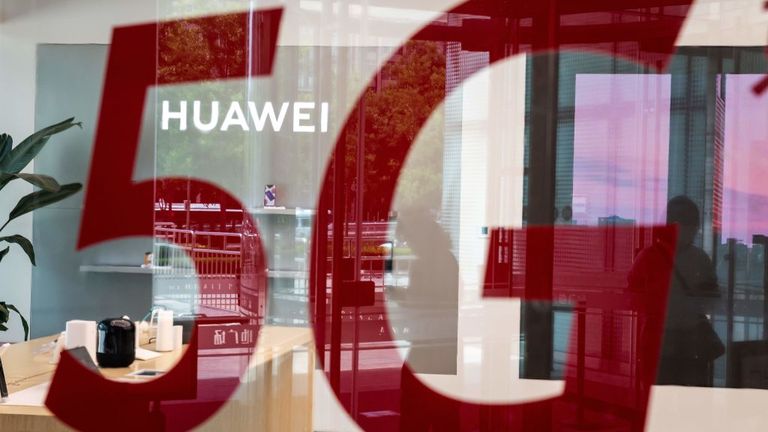
They note both Beijing’s handling of the coronavirus pandemic and its controversial security bill targeting the former British colony of Hong Kong, which is meant to enjoy special freedoms, as topics which the UK should object to.
Sources at network operators told Sky News that they expected the US sanctions to be the driving force behind the NCSC assessment, rather than the political pressure.
In the short term the operators are likely to have enough inventory to continue deploying equipment which has already been developed, while in the long term Huawei will probably be able to develop its own semiconductor designs.
But in the medium term, the sources told Sky News, the impact was likely to be significant.
It is not yet clear whether the NCSC assessment will give enough time for alternative vendors to supply the equipment or if uptake of the next generation of mobile communications will be delayed as a result of new restrictions.
The security aspects of removing Huawei as an acceptable vendor for the network operators are also unclear.
The NCSC had said the 5G network was enormously improved simply by having three major companies, Huawei, Nokia and Ericsson, providing the equipment.
With just two companies able to provide equipment for the UK’s critical national infrastructure, there is a risk that the country could become too dependent on a single vendor.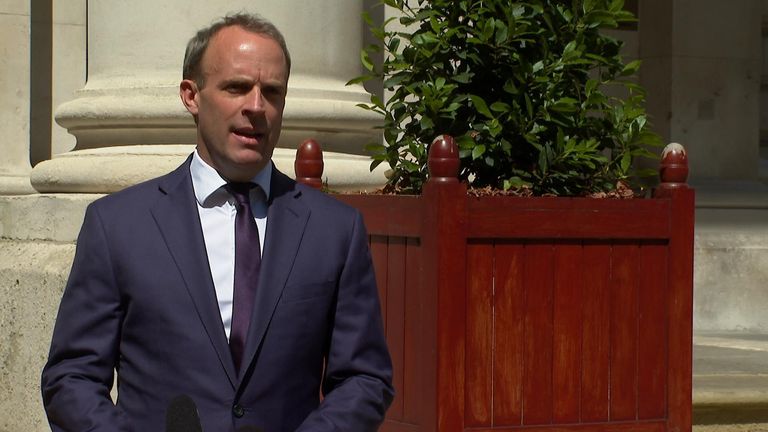
A number of China critics have been invited to give evidence about the security of 5G networks to the House of Commons Defence Select Committee on Tuesday.
Among the attendees will be US Senator Tom Cotton, from Arkansas, who applauded President Trump’s decision to terminate the country’s relationship with the World Health Organisation.
Senator Cotton also proposed banning Chinese nationals from studying STEM subjects at a graduate levels in the US.
He said: “America’s soldiers, sailors, airmen, and Marines shouldn’t have to face Chinese weapons systems designed by individuals trained in the United States, incorporating technology stolen from the US military.”














